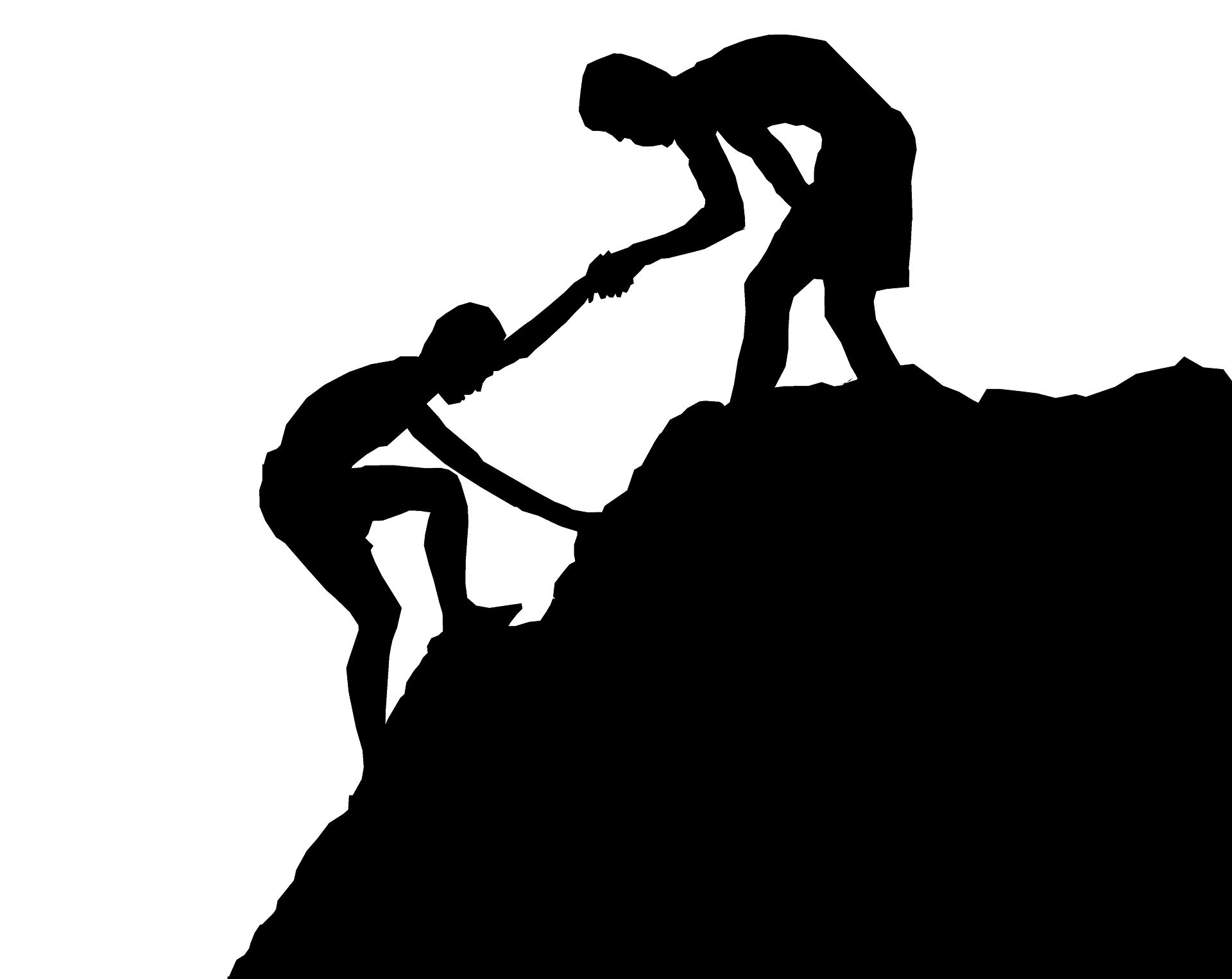I recently reread Andrew Zoll’s amazing book “Resilience” and I couldn’t help applying virtually every concept to our current global Covid-19 crisis. Zoll describes systems that are “robust yet fragile (RYF).” Things work well when circumstances and risks are normal, but in the face of unanticipated threats their underlying fragility becomes apparent. Emphasis/overemphasis on efficiency may lead to systems being too “lean” to have the demand capacity needed to respond to the new threat. Added layers of complexity in the system that come through years of patchwork planning and growth also contribute to its fragility and difficulty bouncing back. I think this RYF framework applies to many systems that are tremendously disrupted at present, including airport security screening, childcare, and our healthcare system itself (if you even want to call it a system).
Looking ahead, Zoll identifies a number of personal and group characteristics associated with resilience. Here are some of those characteristics, along with what you can do now to be resilient in the face of this pandemic:

Trust – When we trust someone, we’re more apt to interact with them in a collaborative and supportive manner. We are social creatures and human contact, even/especially in the face of social distancing is critical. You know who the people are in your life that you trust the most. These are the ones to be in regular contact with currently- probably not in person, but video calls, telephone calls, even text/email can help you appreciate you’re not in this alone.

Acceptance of our limits – Part of the challenge we’re facing now is how much of what we’re experiencing is unknown. Even what we see play out in other parts of the globe may or may not be applicable to our own national, regional, and personal experience. Having the ability to accept the limits of our understanding, and to recognize that, while planning and coordination is important, we also need to sense/learn in the moment and then take steps based on what’s happening now.

Mindfulness – I can’t say that I’m an expert in mindfulness, but the evidence is strong that taking some time out of one’s day to focus on one’s breathing, emotions, nature can help let go of some of the stress and turmoil we are experiencing now. As so many of us are currently mostly confined to our homes and living in relative isolation, this seems like a great time to incorporate mindfulness practices into your daily routine.

Translational Leadership – Zoll talks about a special type of leadership that is able to support resilience that he calls Translational Leadership. While it may feel comforting for some to have a leader projecting calm reassurance and a “follow me” message, what’s really called for is leadership that can connect people, knowledge, and perspectives. The perspectives need to be diverse so that the “groupspeak” that can plague a decision-making body is suppressed, enabling the ideas and practices that are “positively deviant” to move to the forefront. Translational leaders distribute and delegate authority and decision-making so that things get done quickly, with decisions being made by the people with the most expertise, not the highest place in the hierarchy. If you’re in a position of authority, now’s a time to be a translational leader: your team/organization is depending on you.




